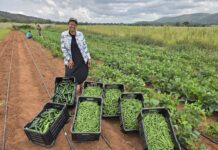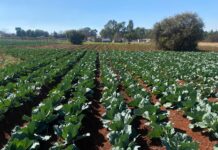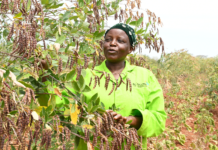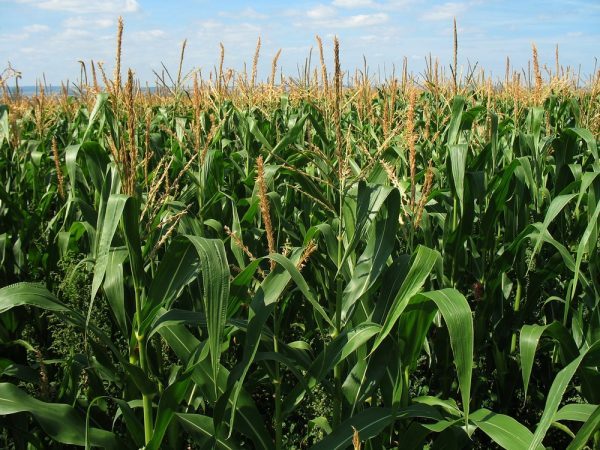The need for a more streamlined, faster approval process for regulations on crop protection chemicals was highlighted on the third day of the Africa Agri Tech conference held in Pretoria. Without an efficient approval process, food production would be limited and South Africa could see a dearth of companies investing in and launching new solutions in the country.
During the session on missed opportunities in agriculture, Wandile Sihlobo, chief economist at Agbiz, highlighted the importance of a functioning government to enable success in the agricultural sector. “Three of South Africa’s biggest challenges – inequality, unemployment and poverty – are far better addressed by agriculture than any other sector. We therefore need to improve policy making to ensure more growth in this sector.”
Prof Johann Kirsten, director of the Bureau of Economic Research at Stellenbosch University, noted that it can take up to ten years to finalise commercialisation of new crop protection products. “Often dossiers go missing in government offices and the company has to start from scratch to gather the information needed to obtain approval. Developing new products is incredibly expensive and time consuming and the implications of long approval processes are that it jeopardises new investments. It prevents crop loss and decreases productivity in food production.”
He identified the European Union’s (EU) Green Deal as posing a significant threat to South Africa’s ability to export agricultural products to the Union if new, allowed compound active ingredients in crop chemicals were not approved timeously.
Speaking about the support needed for responsible food production, Dr Gerhard Verdoorn, operations and stewardship manager at CropLife SA, said that farmers were unnecessarily restricted by lobbyists and consumers who did not understand the challenges of food production. “Farmers are hailed as the enemy, despite, for the most part, being very responsible towards the environment. Farmers are being so restricted many are giving up, as more time is spent on compliance than farming. The EU is imposing very restrictive measures – they want a massive reduction in fertilisers and pesticides by 2030, but no one addresses the elephant in the room: if you take away all the tools, how on earth will you grow food?”
He noted that much work was being done to educate and train farmers in the correct handling and application of crop protection products. “South Africa has some of the most enthusiastic farmers in the world that want to produce quality, safe food. They need to be supported through sensible regulations, that promote agricultural production.”
Kirsten stated that for the agricultural sector to flourish improvements in inputs and technology was needed. But we won’t achieve progress if the regulatory process does not promote innovation. At this stage, we don’t see that there is an understanding of the need for speed in approving new and advanced technology.”
Sihlobo also identified the need for greater training within government departments to interpret statistics and data and make recommendations that would benefit the industry. “There is a danger that incorrect views of agriculture are developed and perpetuated because we base our knowledge on incorrect statistics. We need to understand the statistics we have and identify gaps where more data is needed. Accurate data will give us a truthful picture of agriculture, help create the right polices and avoid those that will damage the sector.”








